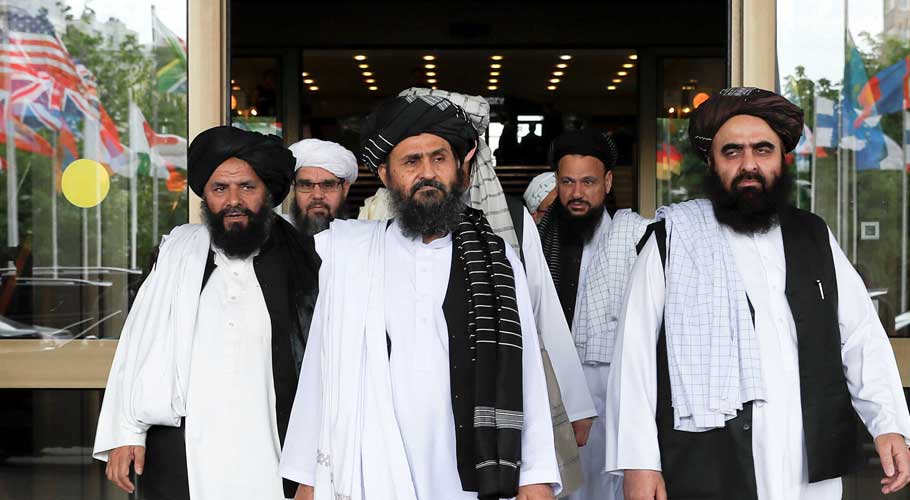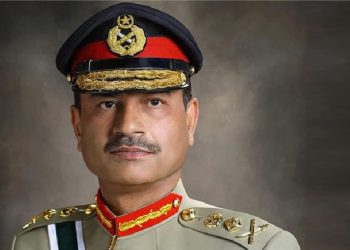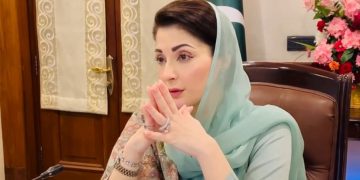The Taliban has finalized decisions on who will run Afghanistan, just days after the last US forces withdrew from the country, with the group’s most prominent officials expected to helm a government unlikely to include any officials from the previous regime.
The formation of a new Afghan government by the Taliban, which was to be announced on Friday, has now been delayed by a day, according to the spokesman of the Islamist group Zabiullah Mujahid. He said the announcement about the formation of the new government will now be made on Saturday – September 4.
The Taliban face a daunting challenge, pivoting from insurgence to governance after two decades as insurgents who battled international and Afghan forces. Now, the question is who will lead the Taliban government in war-torn country.
Who will lead?
Several news agencies, including Reuters, have reported that Mullah Baradar, the head of the Taliban’s political office, will lead the new government in Afghanistan.
Baradar, who co-founded the Taliban in the 1990s, held several senior government positions when the militant group was previously in power between 1996 and 2001. After the Taliban government was dismantled by the 2001 U.S. invasion, Baradar helped lead the insurgent group’s fighters.
Reuters while quoting sources in the Islamist group reported that Mullah Mohammad Yaqoob, the son of late Taliban founder Mullah Omar, and Sher Mohammad Abbas Stanekzai will take senior positions in the government.
The Taliban’s supreme leader, Haibatullah Akhundzada, is expected to have ultimate power over a new governing council, with a president below him, a senior Taliban official told Reuters last month.
The supreme Taliban leader has three deputies: Mawlavi Yaqoob, son of the movement’s late founder Mullah Omar; Sirajuddin Haqqani, leader of the powerful Haqqani network; and Abdul Ghani Baradar, one of the founding members of the group.
Economic collapse
Humanitarian organisations have warned of catastrophe as severe drought and the upheavals of war have forced thousands of families to flee their homes.
Afghanistan desperately needs money, and the Taliban are unlikely to get swift access to the roughly $10 billion in assets mostly held abroad by the Afghan central bank.
The new, Taliban-appointed central bank head has sought to reassure banks the group wants a fully functioning financial system, but has given little detail on how it will provide the liquidity needed, bankers familiar with the matter said.
Afghanistan’s real gross domestic product is expected to shrink by 9.7% this financial year, with a further drop of 5.2% seen next year, said analysts in a report from Fitch Solutions, the research arm of ratings agency Fitch Group. Foreign investment would be needed to support a more optimistic outlook.
What to watch for?
The legitimacy of the new government in the eyes of international donors and investors will be crucial for the economy as the country battles drought and the ravages of a conflict that took the lives of an estimated 240,000 Afghans.
Access to foreign aid and the country’s foreign cash reserves will be critical for the Taliban as Afghanistan teeters on the brink of economic collapse. Both the United States and its European allies have urged the Taliban to form an inclusive government that represents women and the country’s various religious and ethnic minorities.
At stake is whether the Taliban can govern a country facing economic meltdown, a humanitarian disaster and threats to security and stability from rival jihadist groups, including a local offshoot of Islamic State.


































